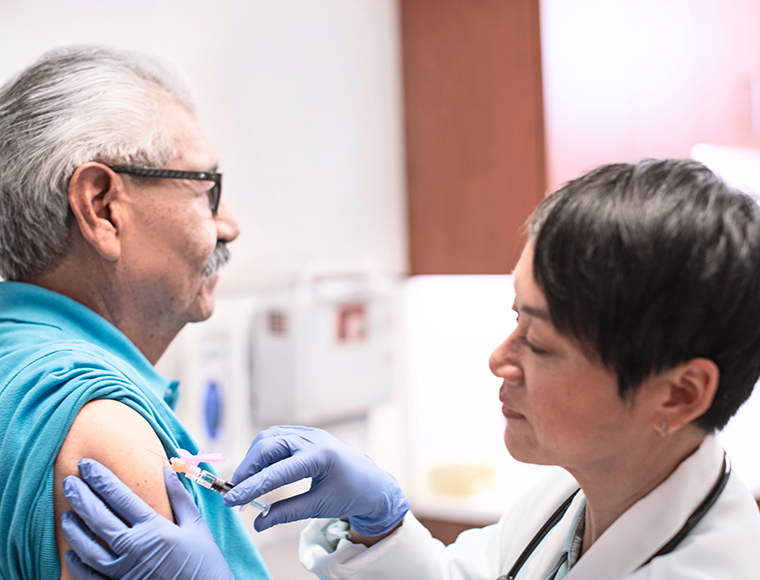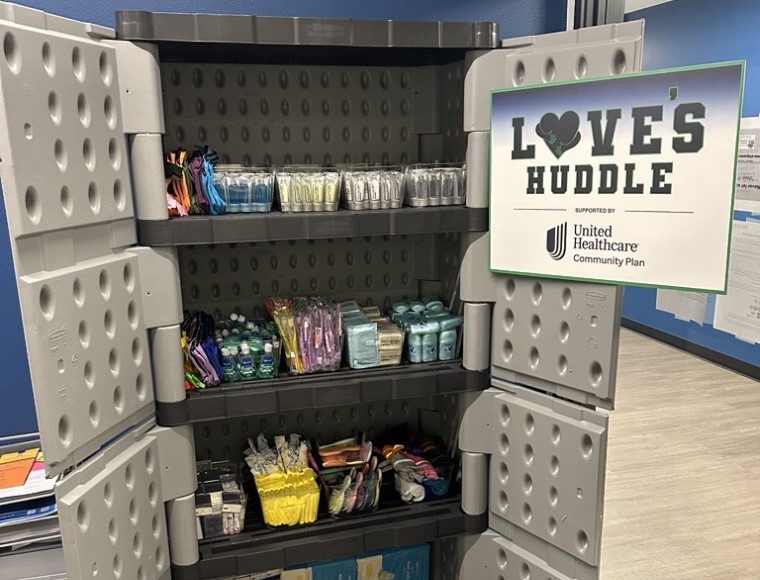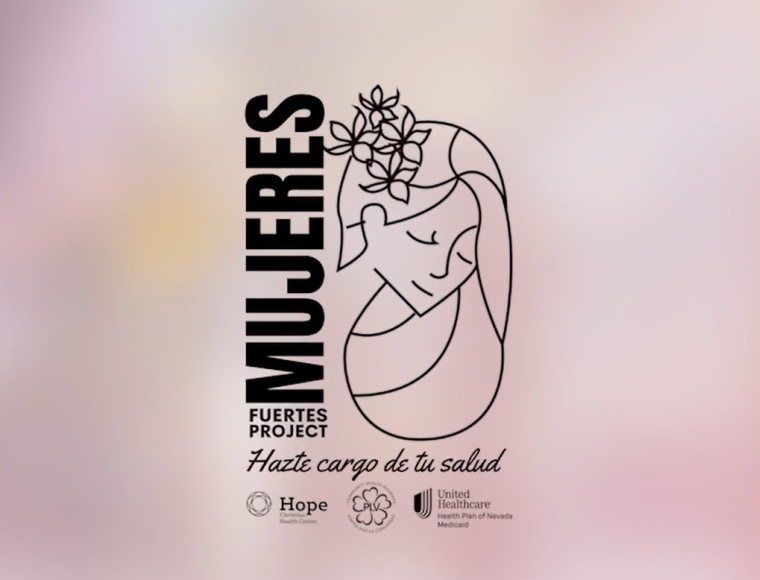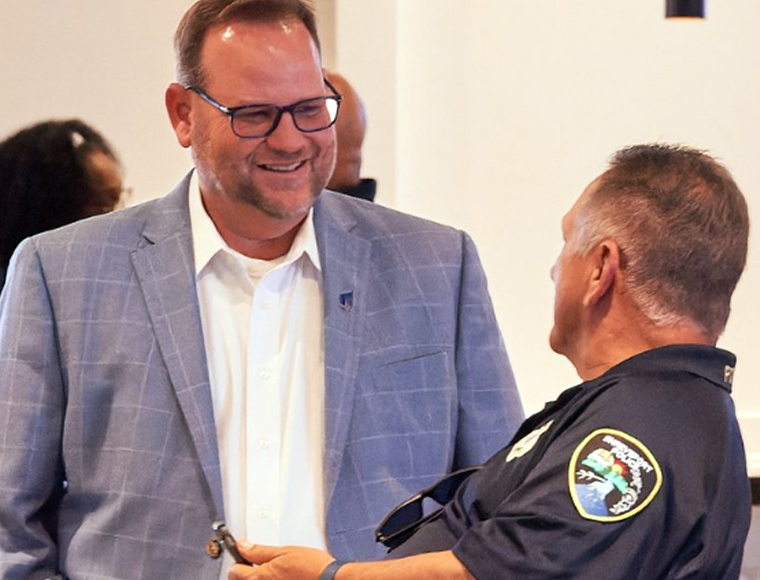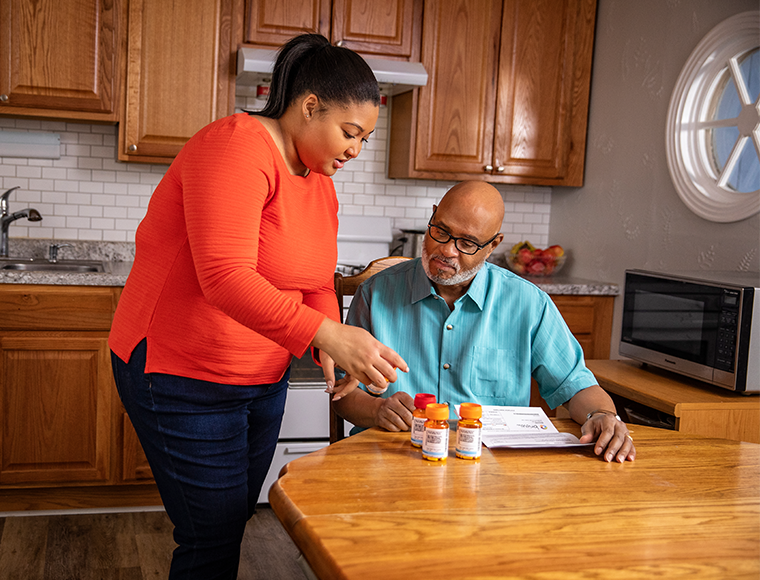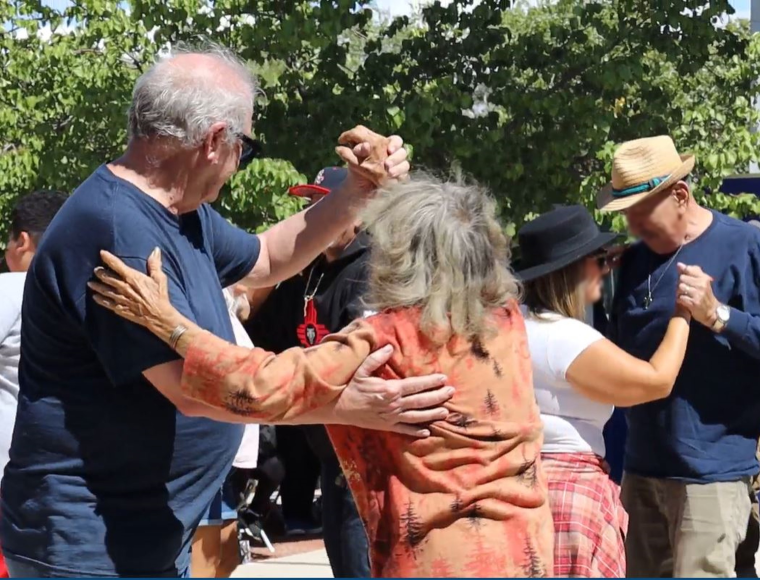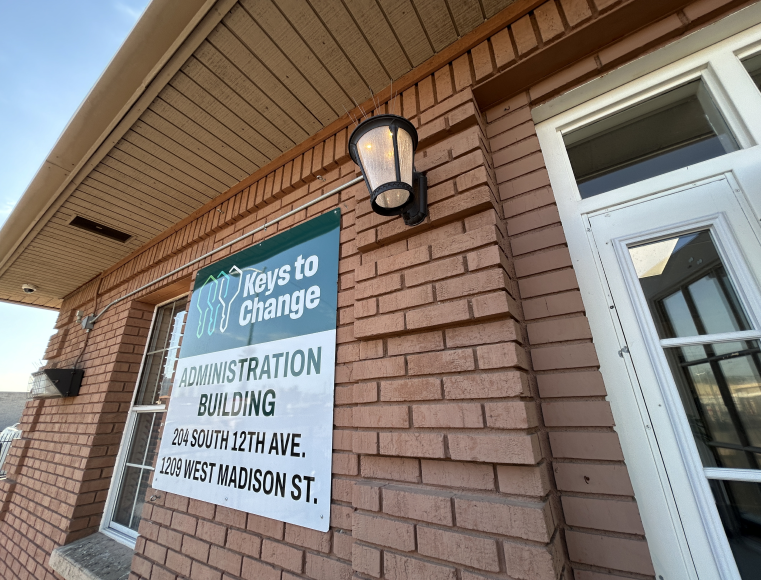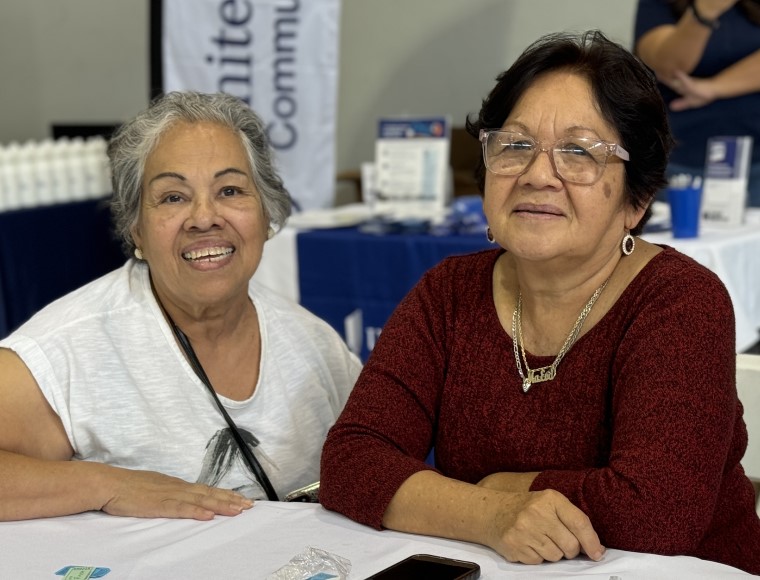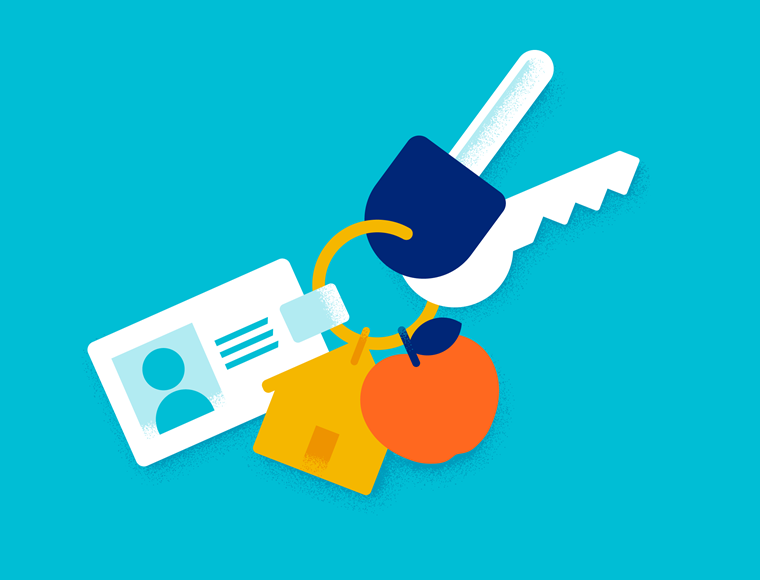Investing in Idaho communities
UnitedHealthcare has committed $335,000 in funding to local organizations making an impact in Idaho. These investments are targeted toward key community needs, including enhancing access to care, supporting people with chronic health conditions, and addressing social drivers of health (SDOH). Our goal is to amplify innovative solutions tailored to meet needs and improve health outcomes at a local level.
The Gem State faces unique challenges, such as a notable increase in food insecurity, high rates of chronic conditions like obesity and diabetes, and inequities in health status.1,2,3 Access to care is an acute need in rural communities, who face additional barriers. Idaho ranks 38th in the nation for the number of primary care physicians per 100,000 people and 33rd for mental health providers, highlighting a gap in equitable access to health care.4 We are collaborating with the following organizations to build healthier communities across the state:
Idaho State University: Improving access to care for members of the Shoshone-Bannock Tribes in collaboration with the Tribes’ Health and Human Services Department. A newly placed apprentice will serve Tribal members who are eligible for Medicaid and Medicare, all while completing their 2000 hours of training to become a certified Community Health Representative as part of the Community Health Worker Program at Idaho State University.
Alzheimer’s Association of North Idaho and Greater Idaho Chapters: Building capacity for Direct Care Workers to enhance their ability to care for people who have been diagnosed with Alzheimer’s and memory-related conditions. The organizations will enable 500 Direct Care Workers to receive training on Alzheimer’s essentials.
Western Idaho Community Health Collaborative: Advancing WICHC’s Regional Health Implementation plan to improve access to care and health outcomes in Western Idaho. This includes amplifying access to FindHelpIdaho, a website that connects Idahoans seeking help with local resources, through trainings, incentives and promoting community engagement particularly in rural areas.
Centers for Independent Living: Boosting resources available at “loan libraries” that offer assistive technologies and durable medical equipment. LIFE, LINC, and DAC NW, three Centers for Independent Living serving Idaho, will expand their loan libraries to offer greater access to their constituents.
Applied Self Direction: Enabling staff from two Idaho Centers for Independent Living to attend training and receive resources related to self-direction, a model of long-term care service delivery that helps people maintain independence at home and decide how, when and from whom their services and supports will be delivered.5
Idaho Caregiver Alliance: Supporting a Family Caregiver Navigator position. The Navigator helps people who are caring for a family member by connecting them to local resources such as respite care that can positively impact their quality of life.
Southwest Idaho Area Agency on Aging: Increasing access to Living Well with Diabetes, an evidence-based program developed for people living with or caring for someone who has been diagnosed with diabetes. The program offers six-week workshops focused on living a healthy life with a chronic health condition.
North Idaho Area Agency on Aging: Expanding a transportation initiative to offer more transportation options to people living in rural parts of Northern Idaho. The initiative allows recipients the autonomy of self-selecting the transportation options that best meet their needs. The organization serves Benewah, Bonner, Boundary, Kootenai and Shoshone counties.
Idaho Food Bank: Supporting a pilot initiative where people delivering food boxes to residents’ homes stay for extra time to offer companionship and social interaction. This program seeks to dually tackle food insecurity and social isolation.
Diabetes Alliance of Idaho: Establishing a grant program for organizations focused on serving Hispanic or American Indian communities. The grants will support innovative new or expanded diabetes prevention programs for older adults.
These targeted, tailored solutions have been developed in collaboration with community leaders to advance our mission of helping people live healthier lives and making the health system work better for everyone. These initiatives aim to improve access to high-quality care, meet SDOH needs, and reduce health inequities.
Sources
- https://idahofoodbank.org/feeding-americas-annual-map-the-meal-gap-report-shows-increase-in-food-insecurity/
- https://healthandwelfare.idaho.gov/health-wellness/diseases-conditions/diabetes
- https://assets.americashealthrankings.org/app/uploads/2021-health-disparities-report-state-summaries.pdf
- https://assets.americashealthrankings.org/app/uploads/allstatesummaries-ahr23.pdfhttps://assets.americashealthrankings.org/app/uploads/allstatesummaries-ahr23.pdf
- https://appliedselfdirection.com/what-self-direction
